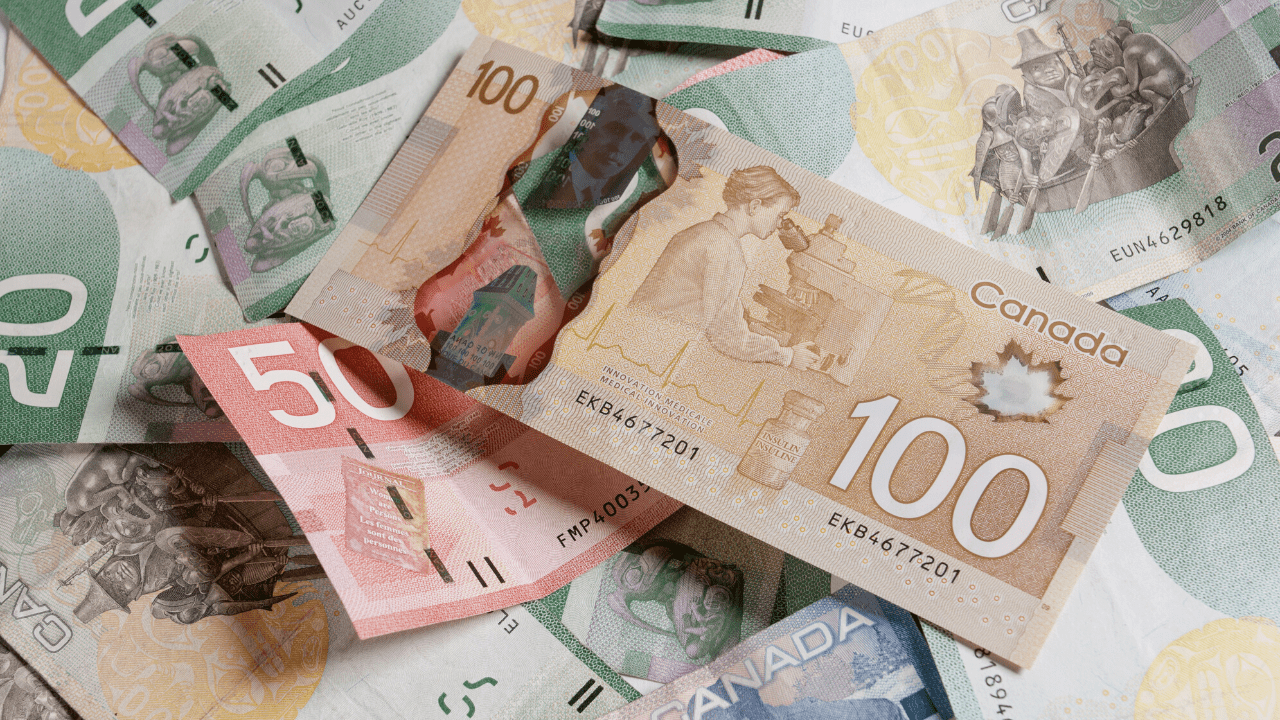Big cheques will be going out to Ontario residents starting this week
Published April 15, 2023 at 1:04 pm

Pricing pollution is one way to combat climate change and it’s a step the Government of Canada is taking, to put more money back into Canadians’ pockets.
As the price on pollution rises, the Government of Canada is returning more money to families, every three months.
The Climate Action Incentive payments began Friday (Apr. 14) 2023, and Canadians living in Ontario, Manitoba, Saskatchewan, and Alberta (where the federal pollution price on fuels currently applies) will be receiving money in their bank accounts, quarterly.
For example a family of four in Ontario can expect $244 from their spring Climate Action Incentive payments.
However, this amount is much less than what Canadian families in the other eligible provinces are expected to receive.
The following is the first payment installment for a family of four in:
- Manitoba — $264
- Saskatchewan — $340
- Alberta —$386
What does that add up to for the 2023-2024 year? Residents (with a family of four) will get a grand total of:
- $976 in Ontario
- $1,056 in Manitoba
- $1,360 in Saskatchewan
- $1,544 in Alberta
Canadians who have had their income tax and benefit returns assessed on or before March 24, 2023, will receive their first quarterly payment in April. If residents tax returns are assessed after this date, their April payment will be included in a subsequent payment.
According to the Government of Canada, pricing pollution is the most efficient policy to reduce greenhouse gas emissions and drive clean innovation.
“It creates a financial incentive for businesses and households to decide for themselves how best to reduce emissions while returning money directly to families to spend as they see fit.”
Eight out of ten families get more money back through the Climate Action Incentive payments than they pay in pollution pricing. These payments will increase each year to align with the rising price of pollution.
That’s not all. Households in rural and small communities are also entitled to receive an extra 10 percent towards their payments.
Minister of Environment and Climate Change—Steven Guilbeault says, “This is one way that we’re working to ensure life stays affordable, while fighting climate change.”
INsauga's Editorial Standards and Policies


